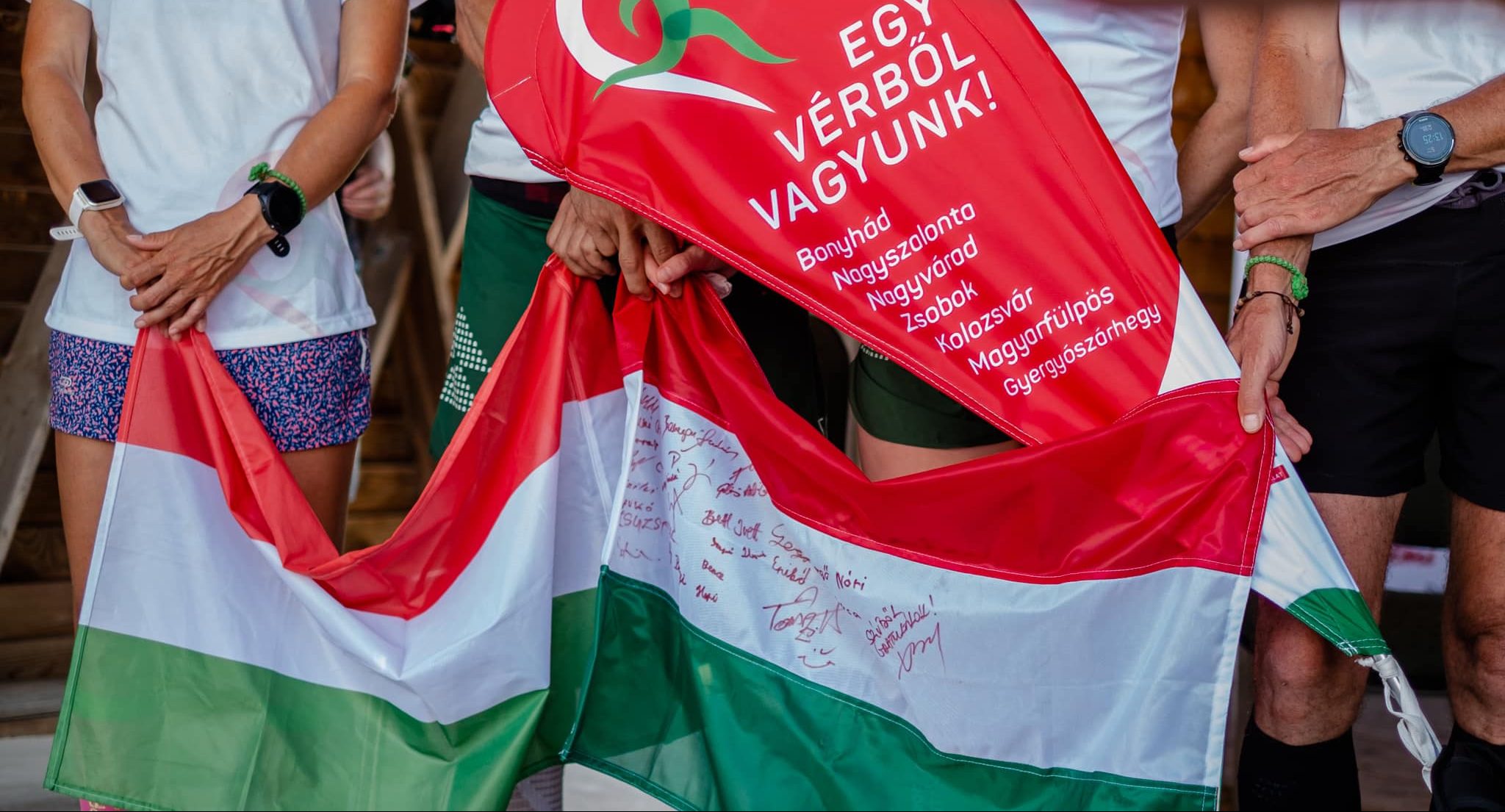Support for Hungarians living beyond the country's borders is important to the majority of those surveyed.Continue reading

The Prime Minister’s Envoy, Katalin Szili, urged the updating of the Framework Convention for the Protection of National Minorities in Budapest on Monday.
Speaking at the opening ceremony of the Summer University on Minority Protection in Europe, organized by the Institute for Minority Rights and the Institute for National Policy Research, Katalin Szili said that one of the main problems of the document is that although it is binding, it cannot be enforced. She underlined that there are some issues that are not included in it, but should be.
According to Szili, the principle that the issue of national minorities is not an internal matter, but a European one should be laid down. She would
separate the issue of citizenship from national identity and declare that majority status in an EU country should not mean hegemony over a minority.
The protection of national minorities is based on the right to identity, and this must be protected, she stressed.
Szili added that the protection of identity requires the guarantee of individual and collective rights; it must be recognized and constitutionally enshrined that a national minority living in a given country is a constituent factor of the state.
She said that
the lack of precise definitions, community protection, and EU competence are problems with the current legislation.
She also highlighted that minority protection issues should be kept on the agenda during the forthcoming Hungarian EU Presidency in 2024.
Tamás Wetzel, Ministerial Commissioner for Citizenship, stressed that national policy and the protection of minorities had achieved countless successes in the past decade.
He recalled that 13 years ago, parliament adopted the law on dual citizenship almost unanimously.
Today, it goes without saying that more than one million Hungarians living beyond the borders of Hungary have been granted citizenship,
he noted.
Laura Gyeney, Director of the Institute for Minority Rights, said that their main mission is to improve and advance the legal situation of Hungarians abroad, and to provide effective assistance to their professional partners abroad in redressing individual rights violations.
Gyula Bándi, Deputy Commissioner for the Protection of the Interests of Future Generations and Chairman of the Board of Trustees of the Minority Rights Foundation, stressed that there are moral and ethical values behind the law, and these must be protected.
They represent legal issues which “do not necessarily belong to the profit-making sphere at the moment,” and are concerned with the area of national policy and how minority rights can be represented beyond the borders using the instruments of law.
If no action is taken now for the next generation, it will be increasingly difficult to defend minority rights,
he added.
Zoltán Kántor, Director of the Institute for National Policy Research, emphasized that participants in the thematic summer universities become an integral part of civil society, and that the most important networks of contacts are formed here, alongside the acquisition of knowledge about minority protection.
He said that minority rights protection is not a “hobby” for Hungarians living abroad, in fact “we are defending our very existence.”
Via MTI, Featured photo via Facebook/Pótápi Árpád János